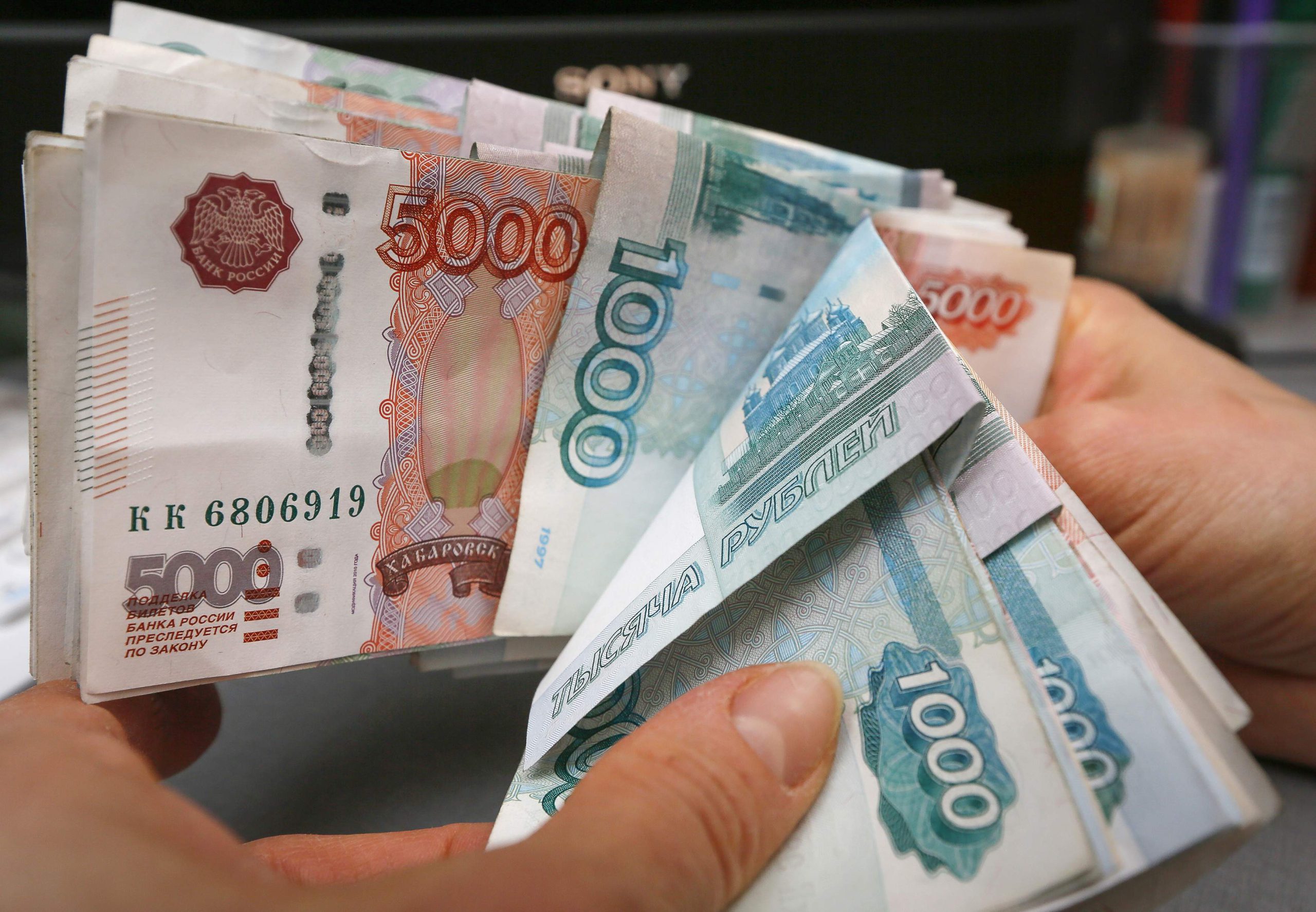Tuesday, February 7

RUSSIA BEGINS MONTH-LONG US DOLLAR PURCHASE

Russia’s central bank will buy $100 million a day for 30 days beginning on Tuesday. By exchanging roubles for US dollars, the Bank of Russia is expected to weaken the country’s currency.
But central bankers have been quick to distance themselves from accusations of currency intervention. They stress the move is designed purely to replenish the countries foreign reserves, which have plunged after years of low oil prices.
Despite the central bank’s insistence, the buying spree is likely to help President Putin’s bid for re-election in March 2018. By pushing down the value of the country’s currency, Putin’s government will receive more roubles for every dollar of oil (and other things) it exports. This means the president will be able to announce generous spending on social services in the next budget, a move that could well gain him the crucial votes needed to win the election.
But under the surface, Russia’s economy is in serious trouble. A combination of low commodity prices and international sanctions has forced a deep and sustained recession in recent years. Over the long-term, the country faces serious structural problems, including a shrinking population, crumbling infrastructure, rampant inflation and a poorly trained labour force.
Go deeper: Putin gears up for re-election
COLOMBIA PURSUES PEACE ONCE MORE

Last year Colombia’s president, Juan Manuel Santos, won the coveted Nobel Peace Prize for ending a 51-year conflict with the FARC. On Tuesday, he will renew his push for peace with the National Liberation Army (ELN) – another Marxist guerrilla group.
The Colombian government had said it would only pursue peace if the ELN released Odin Sanchez – an ex-congressman taken hostage by the group last April. The ELN’s refusal to set Mr Sanchez free resulted in repeated delays in the process, but last Thursday the group handed over the former politician in return for the release of two jailed rebels. This development has renewed hopes a lasting peace accord can be struck.
Despite these positive developments, significant challenges remain. Last week, the guerrilla movement announced it had captured a Colombian solider, attracting condemnation from the government. President Santos is also under pressure to reach a deal before the 2018 elections, which could bring a new leader to power who’s not as eager for peace. All these reasons and more make Tuesday’s talks a crucial test for future peace.
Go deeper: The new Colombia-FARC deal
HAITI: NEW MANAGEMENT, SAME PROBLEMS

Controversial President-elect Jovenel Moise will be sworn in on Tuesday. His election last November set off a spate of protests amid allegations of money laundering and voter fraud. While these charges have been discredited, the turbulent election suggests Haiti’s chronic political instability is likely to continue under the new administration.
To lead Haiti towards prosperity, the new president will have to address rampant corruption. Wary of the hefty fines imposed for dealing with money launderers, many international lenders refuse to deal with Haitian banks. This has increased the cost of loans slowed economic activity.
More uncertain is Haiti’s relationship with its largest donor – America. President Trump’s plan to cut aid will hit Haiti hard. On the other hand, the potential for cooperation on repatriating thousands of illegal Haitian immigrants residing in America may see Haiti’s government receive economic assistance.
With Moise envisioning Trump as a kindred spirit, Haitian-American ties could either jeopardise or guarantee Haiti’s future prosperity.
HAPPENING ELSEWHERE…
Chinese Foreign Minister Wang Yi will land in Australia on Tuesday. Wang will co-host the fourth diplomatic and strategic dialogue between the two Asia Pacific nations and discuss regional trade deals. Recently, Australian PM Malcolm Turnbull suggested China could join the remaining parties to the Trans Pacific Partnership after President Trump withdrew US support.
Oil giant BP will report fourth-quarter profits on Tuesday. Figures are expected to follow a general upward earnings trend but remain restrained.
US automaker General Motors also reports Q4 earnings. Last year, GM sold a more than 17.5 million vehicles – a record. Donald Trump’s election has been a mixed bag for the company. While a boost in infrastructure spending could see a surge in car sales, any tariff slapped on Mexican imports – including car parts – could hurt profitability.


